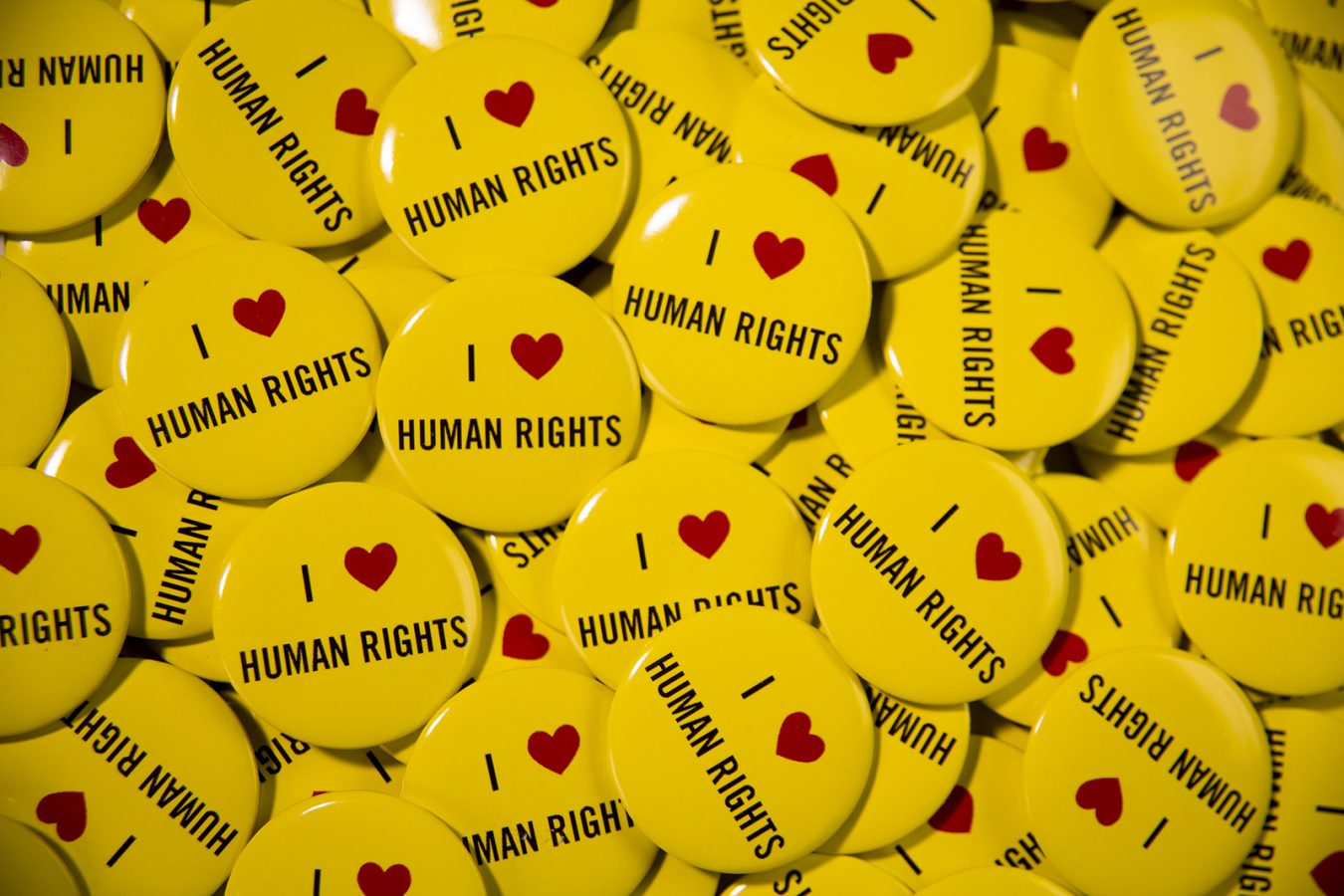By Sam Hagaman, Communications Coordinator, Amnesty International Australia
We’ve all had difficult – and let’s face it, awkward – conversations with people about things we care about. But how do we handle it when someone disagrees with us?
In the past, my solution was simple: I’d ‘logic’ them over to my way of thinking. Counter their words with facts – because no one could possibly argue with cold, hard facts, right? (Unfortunately they can…and do!)
The result? I have ‘agreed to disagree’ with racist cab drivers. I’ve found myself deep into the refugee crisis with pub pundits who didn’t realise what they were in for. I’ve been accused of pretentiousness and hypocrisy when championing a free-range meat selection at the supermarket.
I’ve learnt the hard way: facts don’t sway people.
But all is not lost. Amnesty’s amazing volunteers and activists routinely mobilise ordinary people in their communities to take action on a wide range of human rights issues. They use a common conversational approach, following the principles of ‘explore, equalise and elevate’.
Find out how you can use those very same principles when talking about human rights with anyone, even your nan, old school friends and chatty cab drivers.
Explore
People like to feel listened to, valued and understood. If they don’t, it’s very easy for them to put up a brick wall, even if they might have initially been persuaded to think differently. Try saying things like:
“Tell me more about that…”
“What led you to feel that way?”
I’d like to understand more about where you’re coming from.”
Sometimes the first thing people say isn’t the real reason why they are opposed; it’s something a bit deeper that takes more questions to understand.
Equalise
Acknowledge the feelings of the person you’re talking to and make them feel heard. You don’t always have to agree but showing someone that you’ve taken on board their opinion could make a big difference to the way they respond to you. You could say things like:
“I understand where you’re coming from…”
“I can see why you’d feel that way…”
When we’re told that we’re wrong, most of us dig our heels in even more. It’s why some of my conversations have escalated way past my general sanguine state of being. I mean, who hasn’t lost their cool when trying to convince someone that human rights/animal rights/the environment is important/under threat/completely effed? (If you haven’t, you’re a god among mere mortals!)
Elevate
This is the part of the conversation when you get to casually throw in some new ways of thinking about an issue and target human values that most people feel strongly about.
Try not to shower them with facts – facts don’t convince people and can often lead to views becoming more entrenched. At Amnesty, time and again, we’ve seen the power of demonstrating values and telling stories in changing opinions. Showing the human face of an issue helps people to empathise in a way that explaining the facts of a situation just can’t.
A good example of this in practice is the conversation around refugees and asylum seekers in Australia. If you’re talking to a person who believes offshore processing is necessary because it prevents deaths at sea, you could try saying:
I agree that concern for peoples’ wellbeing should come first. How do you feel about kids being in detention? For me, I wonder if taking away a person’s childhood is ever okay?
Surely, being caring people, it’s on us to reach out a helping hand to other people when they need it. We are all people, after all, and we need to care for each other. What do you think?
Ultimately, use your judgement. But try not to ‘negate’ the other person’s logic. Every time you feel like rebuffing them by saying they’re not right, stop and rethink your approach.
Instead of saying:
Offshore processing does not stop boats. It does not save lives, in fact, it puts them in danger.
Try:
We are caring people, and I think we should find new ways to welcome people here and make sure they are safe.
You won’t always succeed
Changing someone’s opinion is incredibly difficult. Some even say it’s extremely rare. You won’t win every battle and you won’t win every person over to your way of thinking. But following these steps will give you a fighting chance.
Have any other conversation tips? Let us know in the comments below.
Amnesty International Australia is leading the way in protecting and defending human rights. Over the next five years, we’ll strive for systemic change on the human rights issues that are vital to our allies, partners, and the people of Australia. Our vision is to sustain the ground so many fought hard to and take purposeful action to further advance human rights. View our Australian campaigns.






Pretty interesting